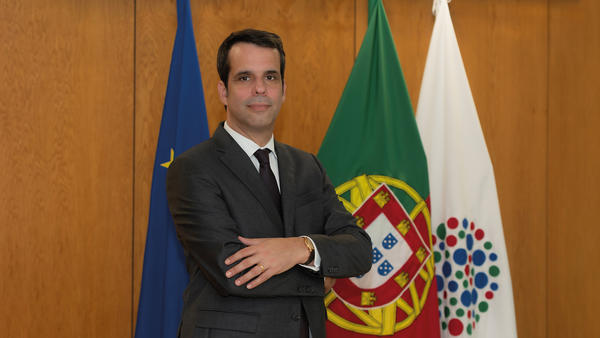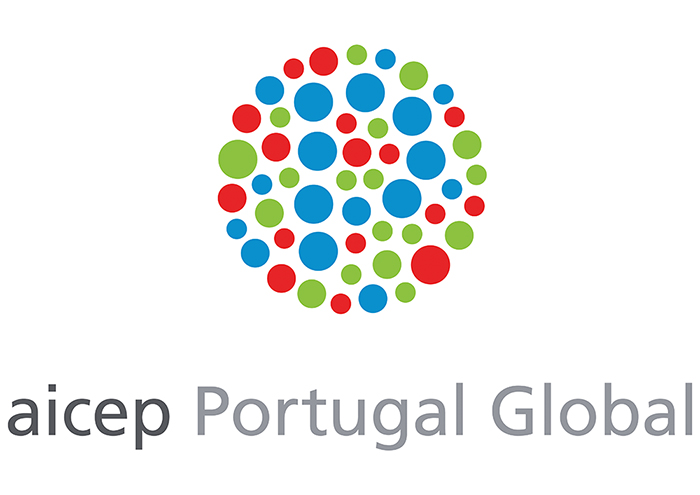Multinationals spanning both manufacturing and services have been investing in Portugal to take advantage of its talent pool, favourable costs and industrial space.
Regardless of the result of the general election on March 10, Filipe Santos Costa, CEO and chairman of Aicep, Portugal’s agency for investment and foreign trade, says the country’s land availability, fiscal incentives and an open society make Portugal stand out among its European peers.
Advertisement
Q: What characterises Portugal as an investment destination?
A: Portugal is very attractive in the European context. First and foremost, we have land availability for industrial, IT or energy projects. We have been working on legislation to increase the availability of organised business parks as well as industrial and logistics zones. And we’ve been working on the expansion of the harbour jurisdictions.
Second, we’re a leading country in the energy transition and data connectivity [space], with more than 70% of our electricity generation coming from renewable sources. This makes us attractive to domestic and foreign players. In addition to all of that, Portugal is a stable, safe and open society.
Q: How does the country’s green electricity generation attract investors?
A: Last year, 39% of the projects coming into Portugal recorded by Aicep were industrial projects. With a lot of heavy industry coming back to Europe — which wants to be decarbonised — it’s important to remember that we are a frontrunner in the EU with the green electricity mix we have.
We also plan to award contracts that will help generate up to 10-gigawatts (GW) of power using offshore wind. We are one of the most promising producers of green hydrogen and green ammonia due to our green electricity. We have a pipeline of projects from domestic and foreign investors ranging from Canada to Australia and Japan.
Advertisement
Q: There are plans to boost industrial activity in Portugal through fiscal incentives. How will this affect foreign investment into the country?
A: We have been developing a plan of fiscal and financial incentives. On November 2, we launched a tender for grants and incentives from Portugal’s national budget for large, strategic industrial projects, which will be open until December 31 2024.
There have been a lot of developments in logistics connectivity, in both freight rail and seaports, which in turn will vastly increase Portugal’s competitiveness as an import/export hub for the EU. Essentially, it will make the transport of goods cheaper and faster.
The space we have here is significant, compared to other countries in Europe. Take the Alentejo region — it’s roughly 30,000 sq km with a population of 700,000. Belgium is a similar size with roughly 11 million people.
Looking at the disruptions elsewhere in the world, our location is important because it’s free of constraints. We’re facing the Atlantic — we’re not on the Mediterranean, we don’t depend on shipping routes through the Suez Canal or the Red Sea.
Q: What impact will the March election have?
A: Well, we always hope that with a new political cycle, there will be changes for the better. But, compared with other European countries, [the incoming change] is not such a big question mark.
It will be between the incumbent centre-left party, the Socialist Party, or the centre-right party, the Social Democratic Party. The emphasis here is on the centre. It is also a relatively stable political environment, so we don’t see a change in government that will dramatically change fiscal policy, immigration or public investment policy.

